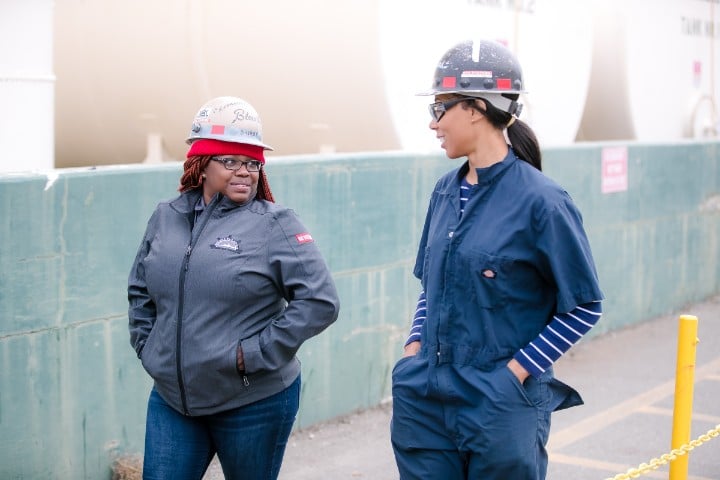Speaking the Team’s Language in Team Storytelling Content
This post is part of our series on team storytelling. Job candidates care an awful lot about their possible future team. But even within the same organization, teams vary (sometimes widely) from one to the next. The most effective talent branding efforts use team member stories to showcase the value proposition that the specific hiring team provides a candidate.
Every team has its own language—or lexicon—it uses to get things done. Acronyms are probably the most infamous example of team lexicon, but it can also consist of made-up words and nicknames.
If you’re attempting to bring the work experience of a particular team to life through story-based content, using the team’s lexicon will help you in a couple ways: 1) speaking the language of the team will allow you to more easily build a rapport with team members, who will in turn be more comfortable sharing impactful stories about their experience on the team; and 2) the story-based team content will paint a more authentic picture for candidates about the way the team gets things done.
Acronyms, made-up words, and nicknames are tangible examples of a team’s lexicon, but equally noteworthy are the words and phrases that don’t get used in the work day. Here’s a quick story…
BAE Systems has a large division called Platforms & Services, which contains multiple business units, including Ship Repair. We visited BAE Systems’ shipyard in Norfolk, Virginia, to uncover stories and create content around the experience of working on the Ship Repair team.
In prep conversations with the Norfolk Ship Repair storytellers, we noticed that our references to “Platforms & Services” (i.e., the division of which Ship Repair is a part) fell a little flat. It became clear that the employees at the Norfolk Shipyard did not identify with the term “Platforms & Services”, but rather related to what’s familiar to them and commonly referred to BAE Systems’ Norfolk Shipyard.
That’s not a bad thing—it’s just the reality on the ground. Understandably, their workday revolves around the BAE Systems’ Norfolk Shipyard, not the broader corporate division that includes other BAE Systems business units and teams.
With our new understanding of this aspect of the Ship Repair team’s lexicon, we tweaked our storyteller interview questions and set reminders to ourselves to avoid referencing “Platforms & Services” to this particular team—using the phrase would draw confused looks and get in the way of uncovering impactful stories. The minor adjustment helped us to more smoothly build a rapport with the storytellers we spoke with. We’re really pleased with the result:
If you’re taking the valuable step of showcasing the work experience of individual teams within your company, spend some time talking with the team members and listen closely to the language they use. Try your best to speak their language in story discovery interviews, and include it in the team’s talent brand content for an additional layer of authenticity about the team experience.
An interesting side note about this story is that while different teams across BAE Systems may use a slightly different lexicon to get their respective jobs done, there’s a very noticeable common language across all the BAE Systems teams we’ve met with: a connection to the company’s mission and an understanding of how one’s job supports the pursuit of that mission.For more information on how to celebrate what’s unique about a team, while connecting that team to its broader organization, check out our post on Tying the Team Value Proposition to the Employer Value Proposition.
Consider using a TVP approach for your next team experiencing a recruiting and recruitment marketing challenge. Interested in more learning more about how innovative marketers are using TVPs? Sign up for our webinar on March 7th!


